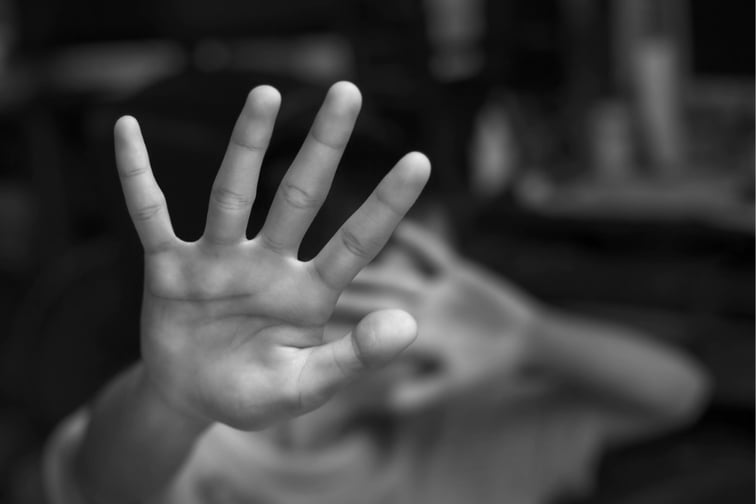

Financially abusive behaviours have become more prevalent, with several indicators surging year-on-year amid intensifying economic pressures, a new Bankwest report has revealed.
Bankwest’s annual Hidden Costs Report into financial abuse in WA polled more than 1,000 WA adults to raise awareness of a covert epidemic impacting those in more vulnerable circumstances across the state.
The release of the report aligns with the WA government’s 16 Days in WA “Ending violence against women” campaign, which Bankwest has supported since its inception.
According to the report, a third of Western Australians have suffered financial abuse – that’s up 4% from 2021 – with the most common behaviour being a partner refusing to contribute financially to the victim or their family (51%).
Other behaviours commonly experienced by the respondents included a partner not disclosing hidden assets (50%), and someone using their partner’s wages for all household expenses, while spending their own pay only on themselves (49%).
There was also a rising concern among Western Australians for those around them, with 29% aware of – or holding concerns about – someone experiencing financial abuse, an increase from 25% in 2021.
Along with the increased reported prevalence of financial abuse was rising awareness, the report found, with more than nine in 10 respondents familiar with the concept – a significant climb compared to 85% 2020 and 88% 2021.
There has also been a rise in the number of those admitting to having perpetrated financial abuse, with 15% confirming they had knowingly (7%) or unknowingly (8%) committed behaviours listed in the survey.
Men (20%) were found to be twice as likely as women (10%) to admit to having been financially abusive. Men were also on average 15% less likely to correctly identify listed behaviours as examples of financial abuse.
The report also revealed that men (36%) were more likely than women (30%) to have suffered financial abuse, although community perception was slanted towards women most commonly being the victims (41%) and men the perpetrators (58%).
When it comes to escaping a financially abusive situation, women (65%) were found to be far more likely than men (50%) to say it would be “hard” to seek help, the report found.
Meanwhile, 23% of women who had suffered financial abuse said they had not sought support, with perpetrator retaliation (91%) and discovery (86%), and believing it was not a significant issue (85%) the leading barriers.
A massive 80% of Western Australians believed financial abuse was a widespread community problem, but 75% were unsure of where to turn for help due to a lack of awareness of support options.
“Financial institutions can often be among the first contacted by someone experiencing family and domestic violence or financial abuse, so our colleagues often witness first-hand the devastation it can inflict on lives,” Bankwest COO Louise Tovey said. “Despite its prevalence, financial abuse can be difficult to recognise and, as the Hidden Costs Report has shown, it’s common for victims and survivors to stay silent because of a number of perceived barriers to seeking support.”
Tovey said Bankwest supports customers and communities seeking information and support through its Financial Abuse Hub, which connects to services such as 1800RESPECT.
“This year’s 16 Days in WA campaign is themed, ‘It’s everybody’s business’, which is poignant, as Hidden Costs has shown financial abuse can impact anybody, making it critical that we work together to end this silent scourge,” she said.
Have experience with financial abuse? Let us know in the comment section below.
